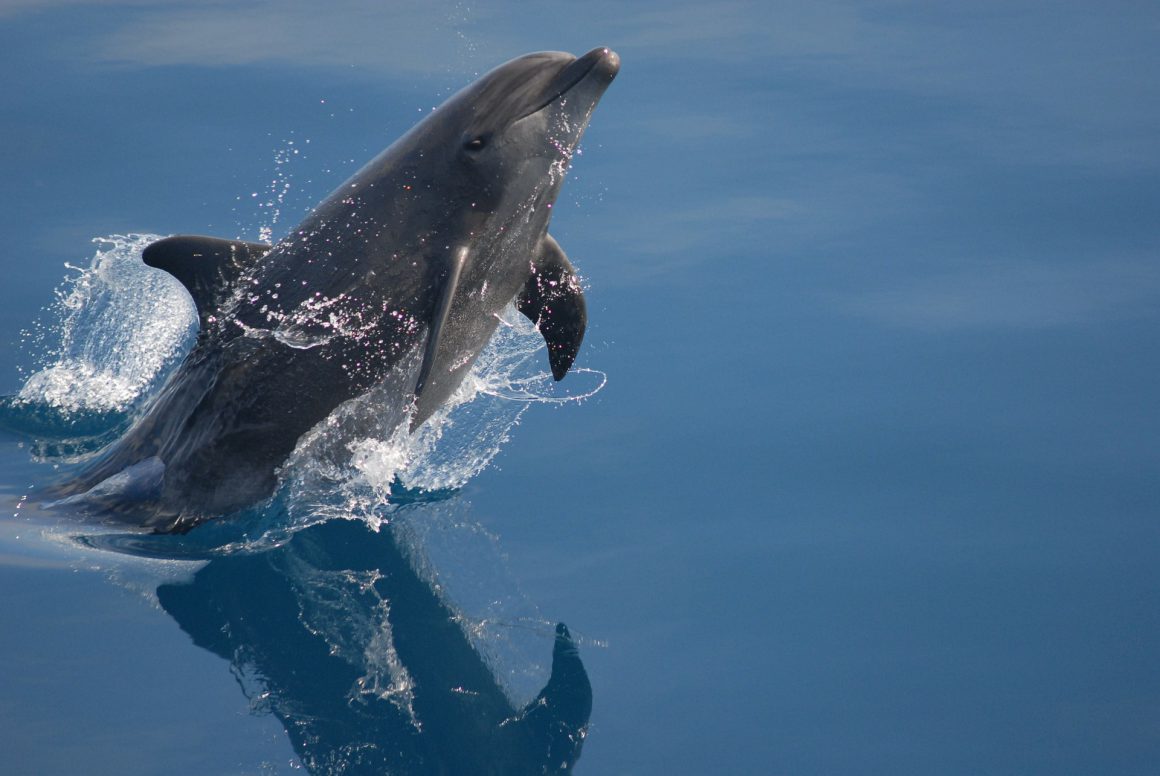What would justice for cetaceans look like? What are the things we need to have happen in order to take us there? Once we have that in mind, each of us can be in a position to assess the particular role that we, as individuals, are willing to assume in order to bring it about.
These are the main objectives, as we at CCA see them. Send us a message via this site or social media if there are any others you think should be here!
- End the slaughterend to ‘subsistence hunts’
- End their being taken into captivity, to be used for our entertainment. The more socially intelligent a sentient creature is, the more the deprivation of its liberty qualifies a slavery, and the more it will experience great suffering from this fact.
- Rehabilitate back into the wild those that we can. Allow the others to live out their lives in sanctuaries that reproduce elements of living in the ocean to the fullest extent possible.
- Conservation is an obvious factor, with many cetacean species being endangered, and some of them critically so. However, when it is reasonable to argue that another species possesses intelligence on a par with your own, there is really a much bigger issue involved. We should not base decisions on whether we can cause harm to such a species on something like the sustainability of harvesting it for our own purposes. Even if the species were abundant, such an action would be highly immoral. But the fact remains – many of these species are gravely threatened, and they need our immediate protection.
- For the same reasons, we have a moral obligation to avoid destroying their habitats, or their food supplies. Some of the most urgent issues in the modern era include: protection of their ocean (and sometimes river) habitat from climate change, ending the dumping of plastics, and ending the over-exploitation of fish stocks.
- Because of point five, we need to continue to invest resources in research, so that we can understand what the needs of these animals are, and where our actions can impede their ability to meet those needs.
- Based on the best available science, we at some point need to consider whether we ought to recognize, for moral reasons, the right of cetaceans to personhood.
As a final note, we believe that we will have arrived at the point where we need to be only when the desired status of cetaceans is universal across all human jurisdictions.
To state the above in somewhat different terms, but in order to help us get there, let’s now ask the following question:
Given that we are far from having universal agreement, how do we nevertheless raise awareness up to a critical mass, to a point where we can dramatically increase the effectiveness of our collective action?
CCA believes that, essentially, we need to build a widely-held consensus – a recognition by a great many people that:
- Whales and dolphins are not a morally acceptable food source for humans (on top of the hugely significant but nevertheless secondary reasons that the hunts are not commercially viable, environmentally sustainable, nor providing us with healthful food).
- These animals have a right to their own liberty, and may even be candidates for a right to personhood, once we’ve taken the necessary steps (done the required research) to properly understand them.
- We need a large proportion of human populations committed to the protection of ocean habitats, and the precarious ecological balance they require.
- Our governments need to take the position that tradition is much less important than engaging in moral behavior today, and that scientific knowledge recently acquired invalidates the propriety of a great many things we previously found necessary for our survival.
- Financial support for research, legal efforts, and advocacy is required
- There is an urgent need for ideas on how to achieve effective enforcement of the law in circumstances around the world where depleting oceanic resources are creating considerable economic pressure to adopt immoral methods in order to maintain production levels.
CCA’s role in all of this:
- Community building
- Advocacy, and building the philosophical basis for the defense of these beings
- Providing information on the issues, and helping to direct resources to projects all over the world which are working to address them
- Contributing to a discourse on the issues which is healthy, respectful, inclusive, focused and on track towards the solution of long-term problems
- Recognizing the great work being done by many individuals and organizations out in the field
Please be part of this conversation, and let’s stay at it for as long as it takes.


